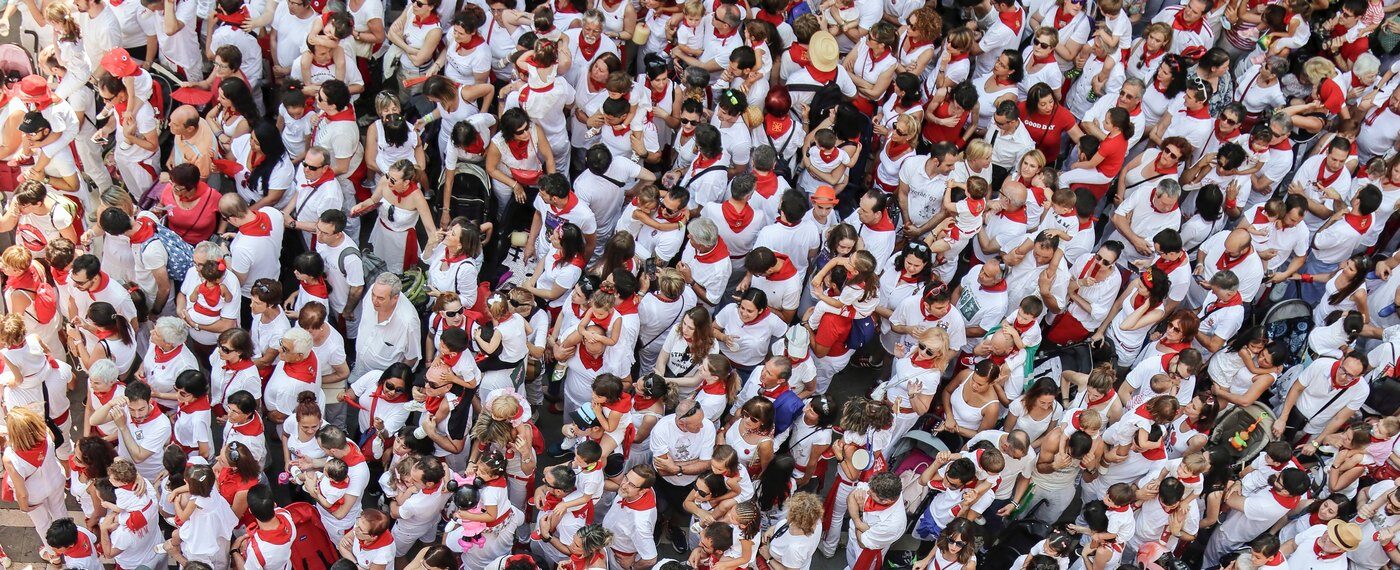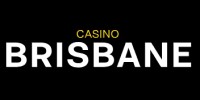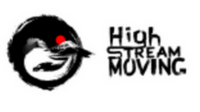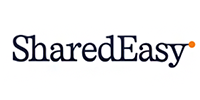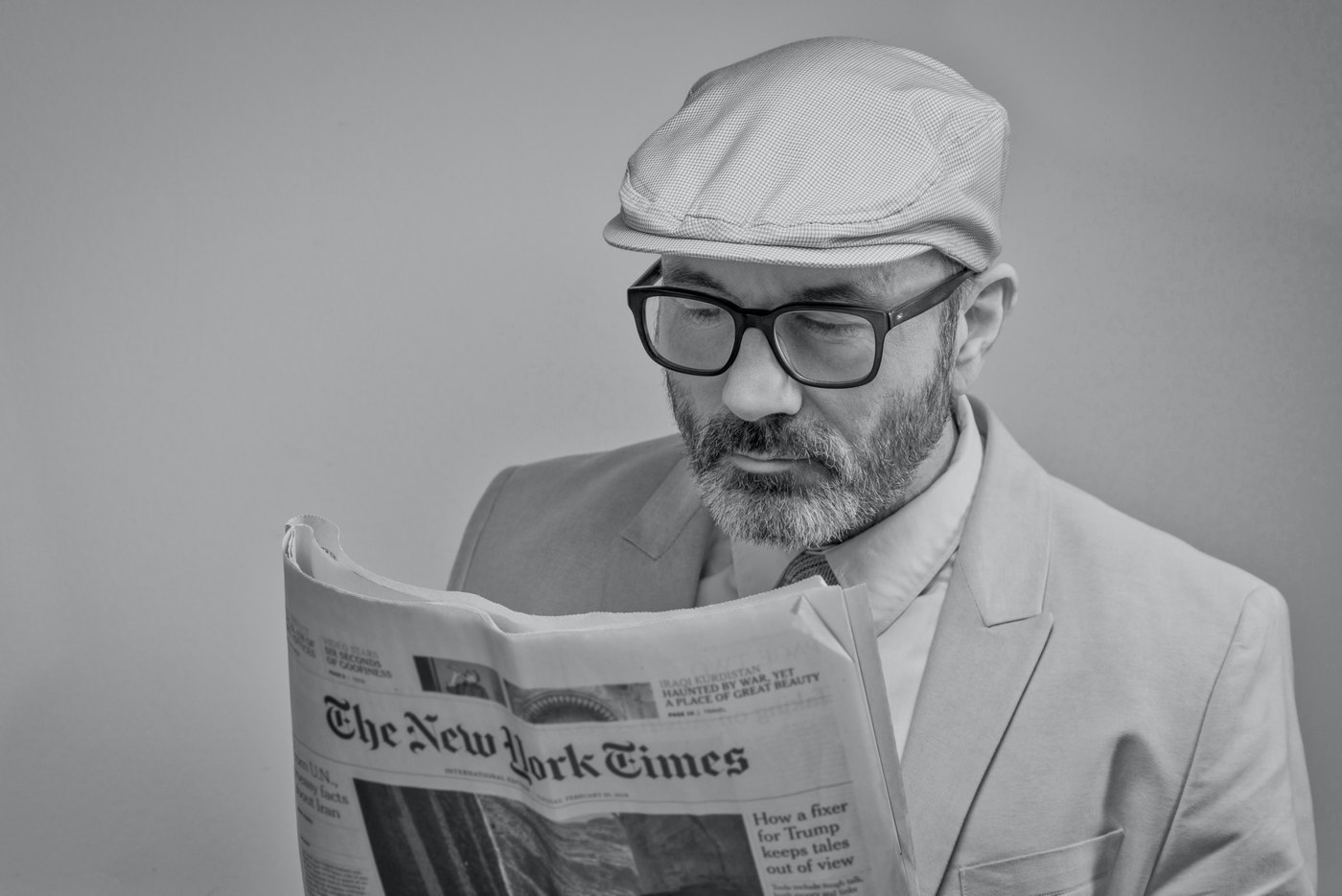
The study and evaluation of the press from the standpoint of political theory and practice from the very inception of the periodical press are observed in both domestic and world science and are perceived as a natural and necessary angle of view on journalistic activity. However, one should not confuse the political and ideological predestination of doctrines, judgments and assessments with a special area of scientific knowledge.
One after another, books appear, in the titles and content of which politics and journalism form an inextricable thematic unity. At the scientific and qualification level, academic degrees of doctors and candidates of political sciences are awarded in the specialty “journalism”, ie. political scientists specializing in the analysis of the press. Unfortunately, the conceptual and methodological basis of this kind of research is still insufficiently paid.
It is advisable to talk about the existence of an independent field of knowledge insofar as its basic characteristics are determined, namely, the object and subject of study (sovereign sphere of interests), composition, as well as methodological and methodological support. In the cases of the political science of journalism and political journalism (however, as well as with other disciplines lying at the intersection of journalism and related sciences), the main difficulty is associated with the choice of priorities from several “mother” areas of knowledge.
Fact – from lat. “factum” – “accomplished”, “done”. In journalism, facts are the foundation of any material. Fact is a multivalued category. In the everyday sense, “fact” is interpreted as a synonym for “truth” – we say “this is a fact” that does not require proof due to its obviousness, or as a synonym for “event”. In the dictionary of the Russian language, the fact is explained as “a real, quite real event, phenomenon.” In the scientific sense, the point of view on the fact becomes more complicated. The concepts of fact and event are differentiated. The fact as such is something commonplace, everyday. An event is a more significant, weighty fact, or – a socially significant fact.
An objective (ontological) fact is a unit of reality accessible to observation, but existing independently of consciousness. It is an object of human knowledge.
Cognitive (epistemological) fact – a fragment of consciousness that reflects the unit of reality. In other words, it is a reflection of an objective fact in human consciousness.
Cognitive facts include facts of everyday knowledge, scientific facts, facts of art, journalistic facts. In journalism, a fact appears in its epistemological meaning, but it is not devoid of ontological essence. Socially significant facts or social facts fall into the field of view. A social fact takes place in both time, subject and object of action. However, attempts to limit it to spatio-temporal and subject-object frameworks are very conditional. This happens because the facts are not isolated from each other, are closely interrelated.
Latest Posts
- Political Journalism in the Era of Digital Technologies: Challenges and Opportunities
 Modern political journalism is undergoing profound changes connected to the development of digital technologies and shifting audience habits. Traditional forms… Read more: Political Journalism in the Era of Digital Technologies: Challenges and Opportunities
Modern political journalism is undergoing profound changes connected to the development of digital technologies and shifting audience habits. Traditional forms… Read more: Political Journalism in the Era of Digital Technologies: Challenges and Opportunities - Political Journalism and Social Movements
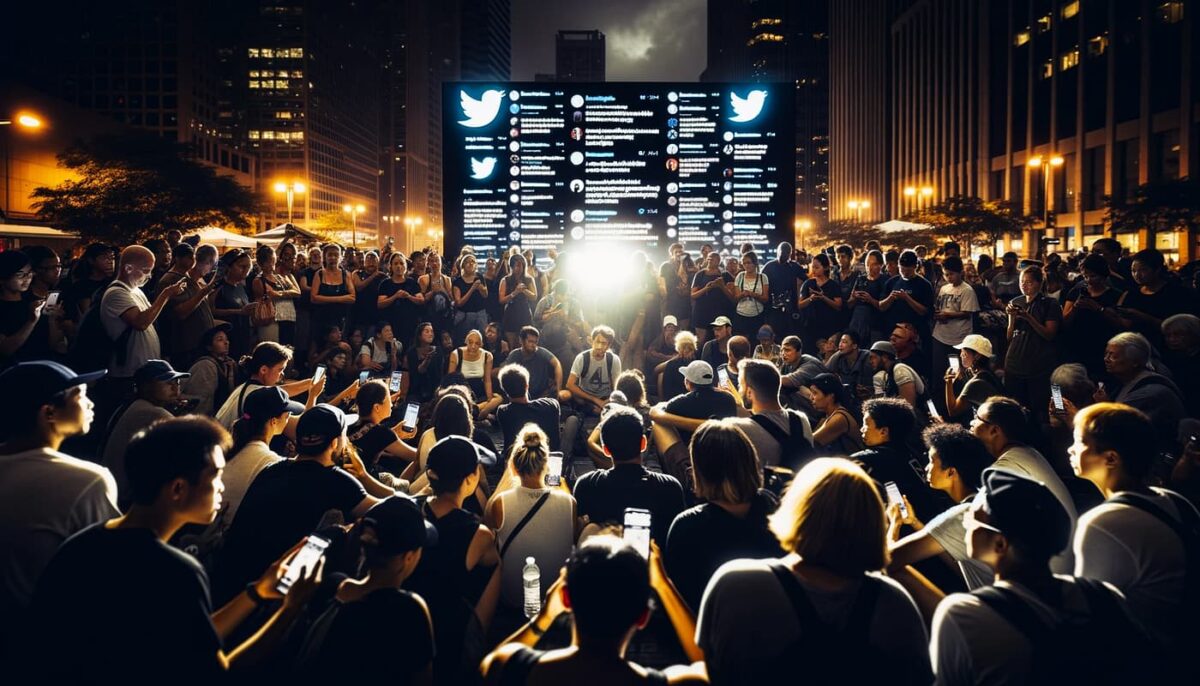 Political journalism is a specialized branch of journalism dedicated to covering events related to power, government, political processes, and social… Read more: Political Journalism and Social Movements
Political journalism is a specialized branch of journalism dedicated to covering events related to power, government, political processes, and social… Read more: Political Journalism and Social Movements - The Evolution of Political Debates: From Print Media to Podcasts and Vlogs
 Political debates have always been central to shaping public opinion, informing voters, and influencing election outcomes. From the days of… Read more: The Evolution of Political Debates: From Print Media to Podcasts and Vlogs
Political debates have always been central to shaping public opinion, informing voters, and influencing election outcomes. From the days of… Read more: The Evolution of Political Debates: From Print Media to Podcasts and Vlogs - The Role of Satire and Humor in Political Journalism: When Jokes Become a Serious Tool
 In an era of political polarization and widespread misinformation, satire and humor have become powerful tools in political journalism. Comedians,… Read more: The Role of Satire and Humor in Political Journalism: When Jokes Become a Serious Tool
In an era of political polarization and widespread misinformation, satire and humor have become powerful tools in political journalism. Comedians,… Read more: The Role of Satire and Humor in Political Journalism: When Jokes Become a Serious Tool


